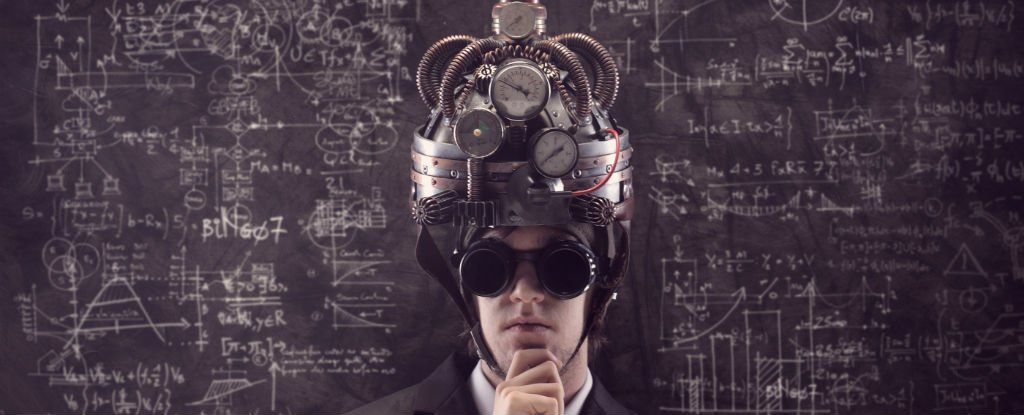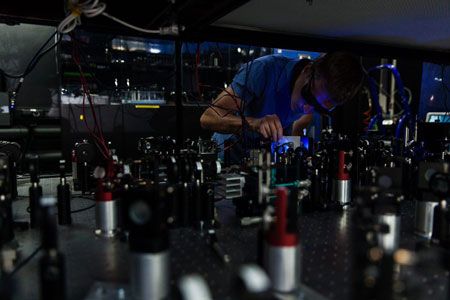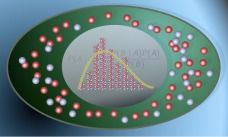Jun 23, 2016
Scientists have invented a mind-reading machine that visualises your thoughts
Posted by Shailesh Prasad in category: neuroscience
If you think your mind is the only safe place left for all your secrets, think again, because scientists are making real steps towards reading your thoughts and putting them on a screen for everyone to see.
A team from the University of Oregon has built a system that can read people’s thoughts via brain scans, and reconstruct the faces they were visualising in their heads. As you’ll soon see, the results were pretty damn creepy.
“We can take someone’s memory — which is typically something internal and private — and we can pull it out from their brains,” one of the team, neuroscientist Brice Kuhl, told Brian Resnick at Vox.
Continue reading “Scientists have invented a mind-reading machine that visualises your thoughts” »

















